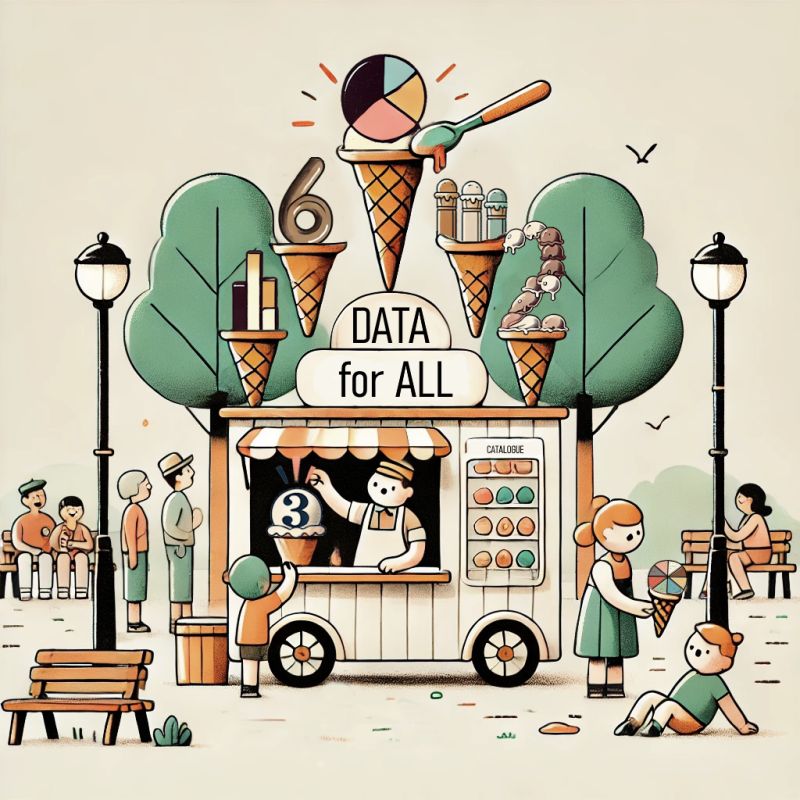"Data democratization" is a regular rallying cry of technologists, consultants, and tool providers alike. Advocates hail it as the key to better decision-making, greater transparency, and even a leveling of hierarchies. Yet for all its rhetorical flourish, the concept begins to wilt under closer inspection.
At first glance, "giving data to the masses" sounds appealing. Surely, more data in more hands must naturally lead to better decisions! But this assumption proves shaky. Simply broadening access to data does not guarantee that new recipients possess the skills or context to interpret it. At best, they may lack the analytical expertise to identify meaningful patterns or distinguish correlation from causation. At worst, they might draw misguided conclusions that lead to flawed strategies. While data literacy programs can help bridge this gap, even seasoned analysts often struggle without substantial investments in understanding datasets and validating their interpretations.
Data reliability further complicates the democratization ideal. Data rarely speaks for itself. Without a clear understanding of how information was collected or which departmental definitions apply, employees risk drawing false equivalencies between fundamentally different metrics. Creating trustworthy "sources of truth" requires rigorous cleaning and validation—efforts that are often overlooked but essential.
Data governance presents another hurdle. The competing demands of privacy and broad access often create Byzantine permission systems and procedural overhead. These necessary compromises, while designed to protect sensitive information, frequently result in greater complexity rather than the promised transparency.
Even with wider data access, control over data pipelines usually remains concentrated. Data engineers shape how raw figures become polished reports, while department heads determine which metrics circulate. Most data will continue to move through controlled channels, with only curated outputs reaching wider audiences. This isn’t necessarily a flaw: without such curation, organizations risk drowning in a sea of conflicting metrics and interpretations.
None of this negates the value of thoughtfully expanding data access. Organizations benefit when both managers and frontline staff can derive insights from relevant datasets. However, true data democratization requires more than simply distributing login credentials. It demands robust training, investment in infrastructure, detailed documentation and cataloguing, and careful oversight. The benefits can be significant, but they’re a far cry from the frictionless utopia that "data democratization" conjures.
The lesson? The banner of data democratization warrants careful consideration. Making data more widely available is just one piece of a larger puzzle. Truly effective and broad data usage requires the right blend of infrastructure, governance and culture, thoughtfully implemented and consistently maintained.
